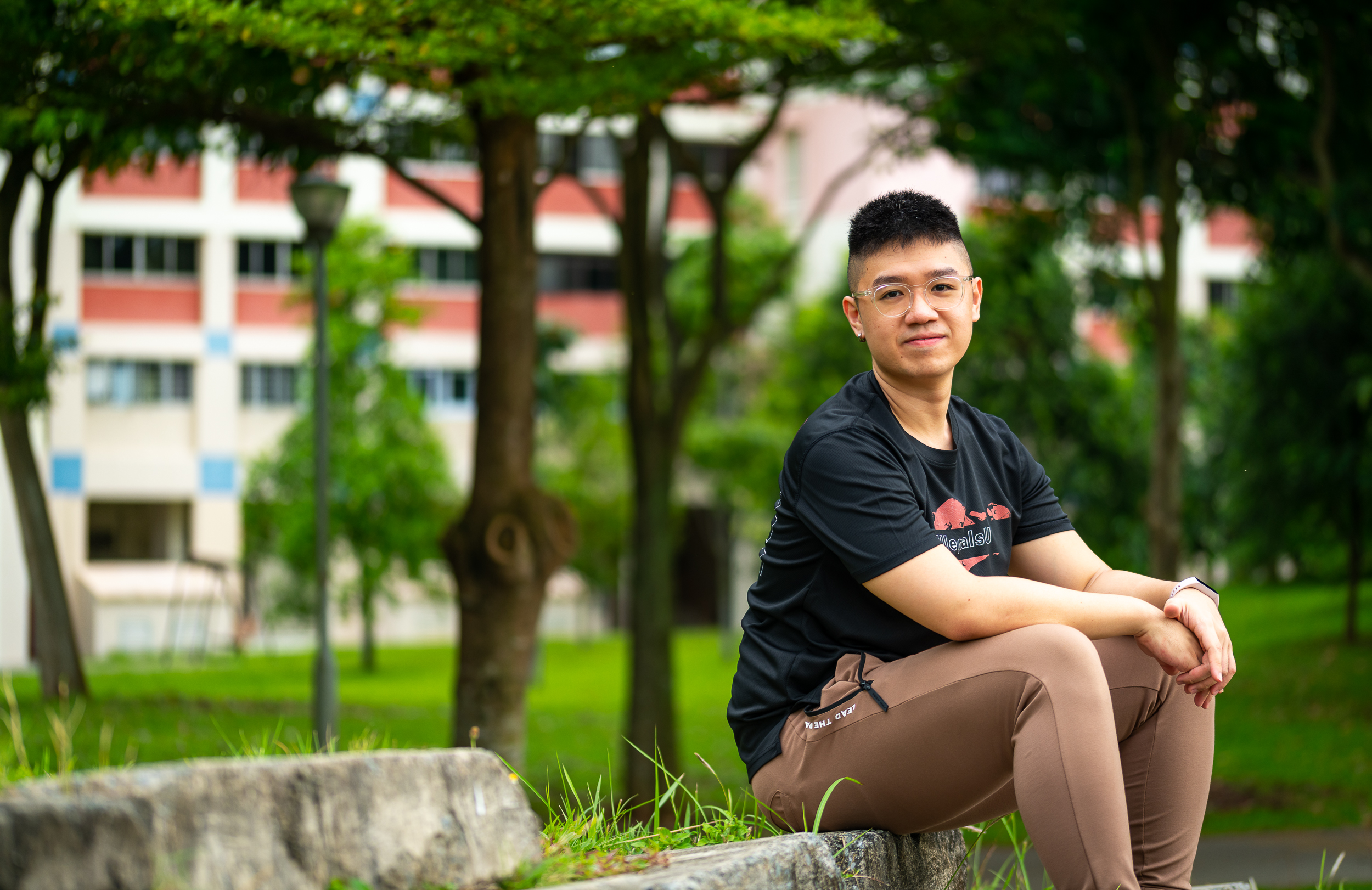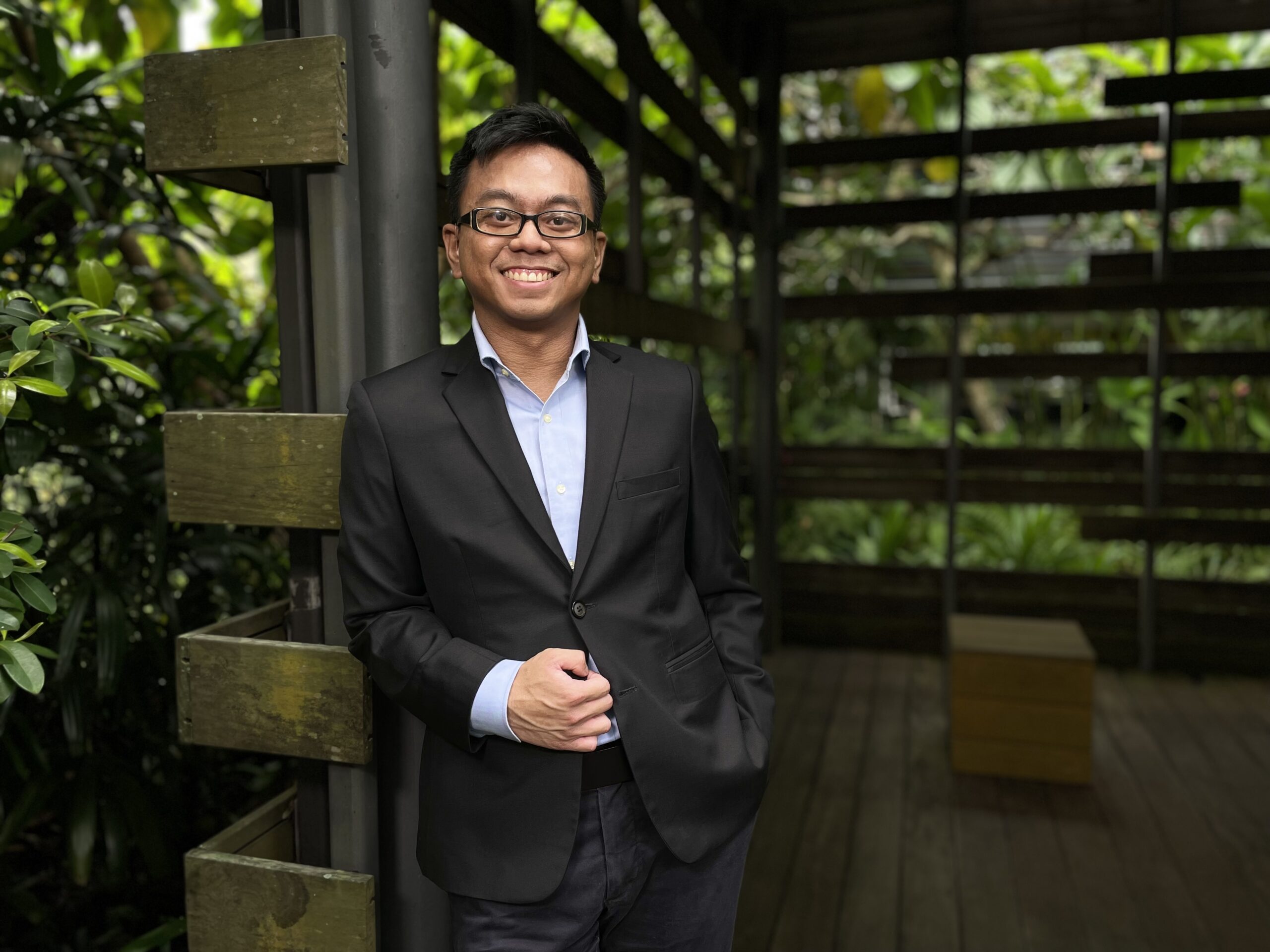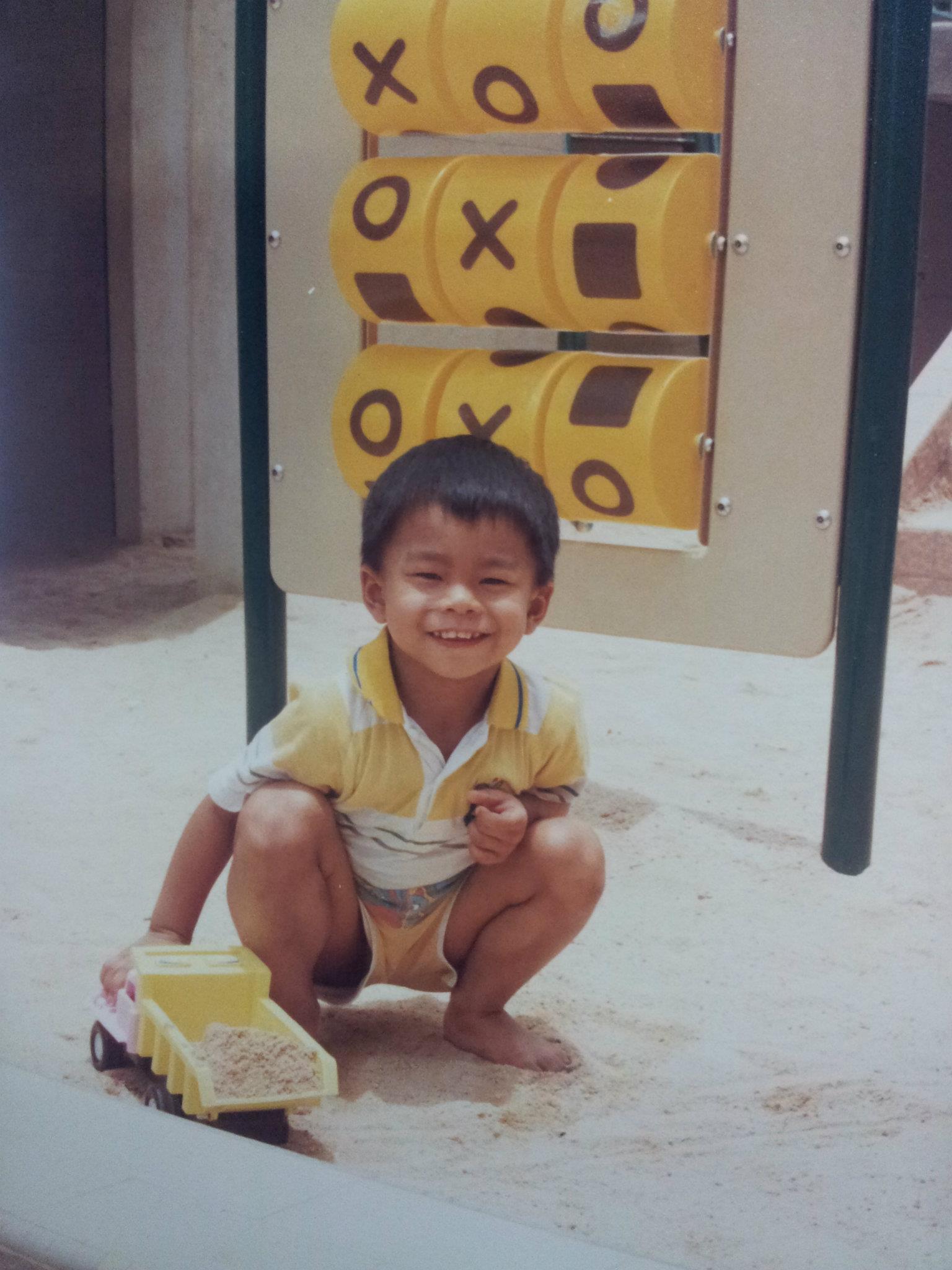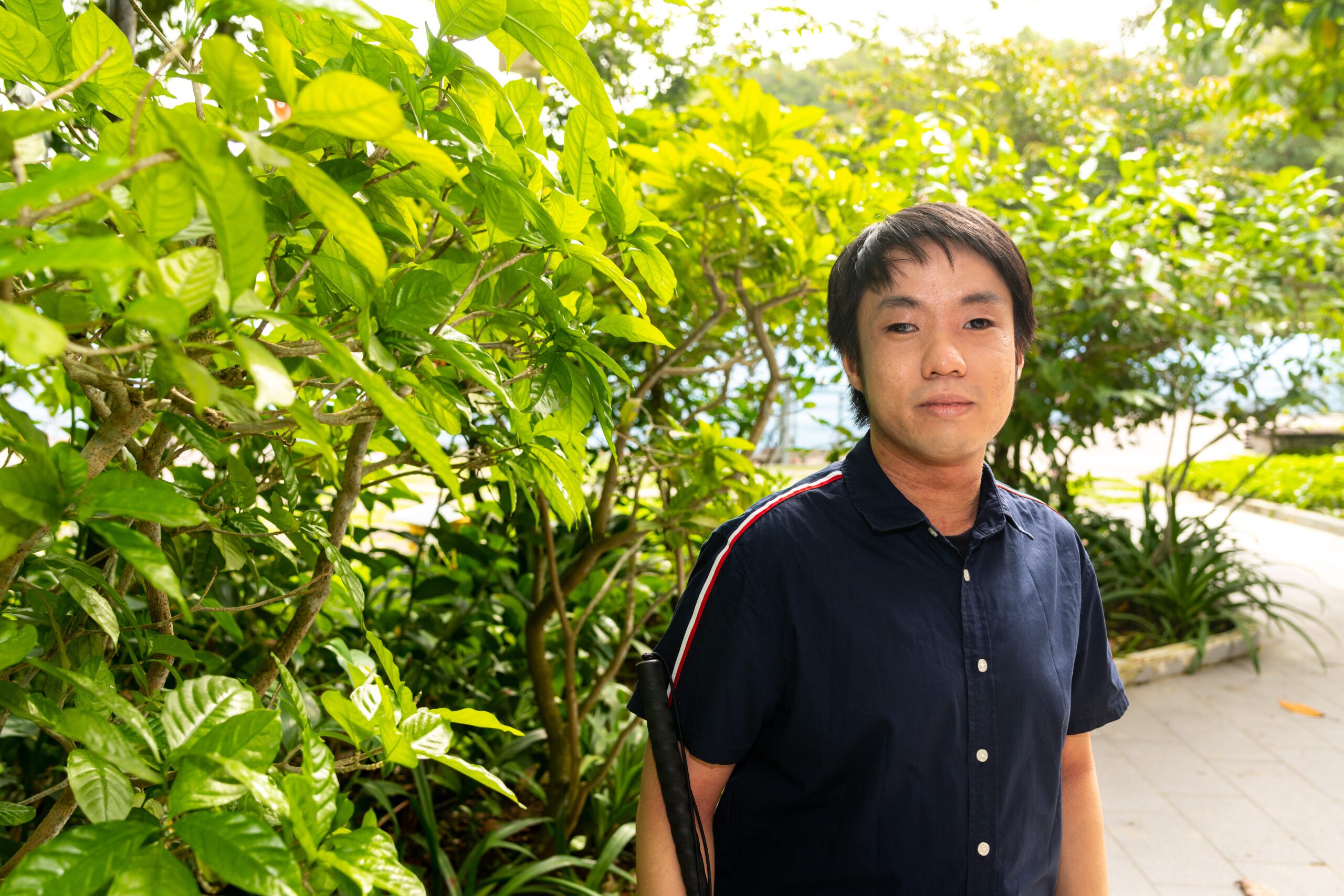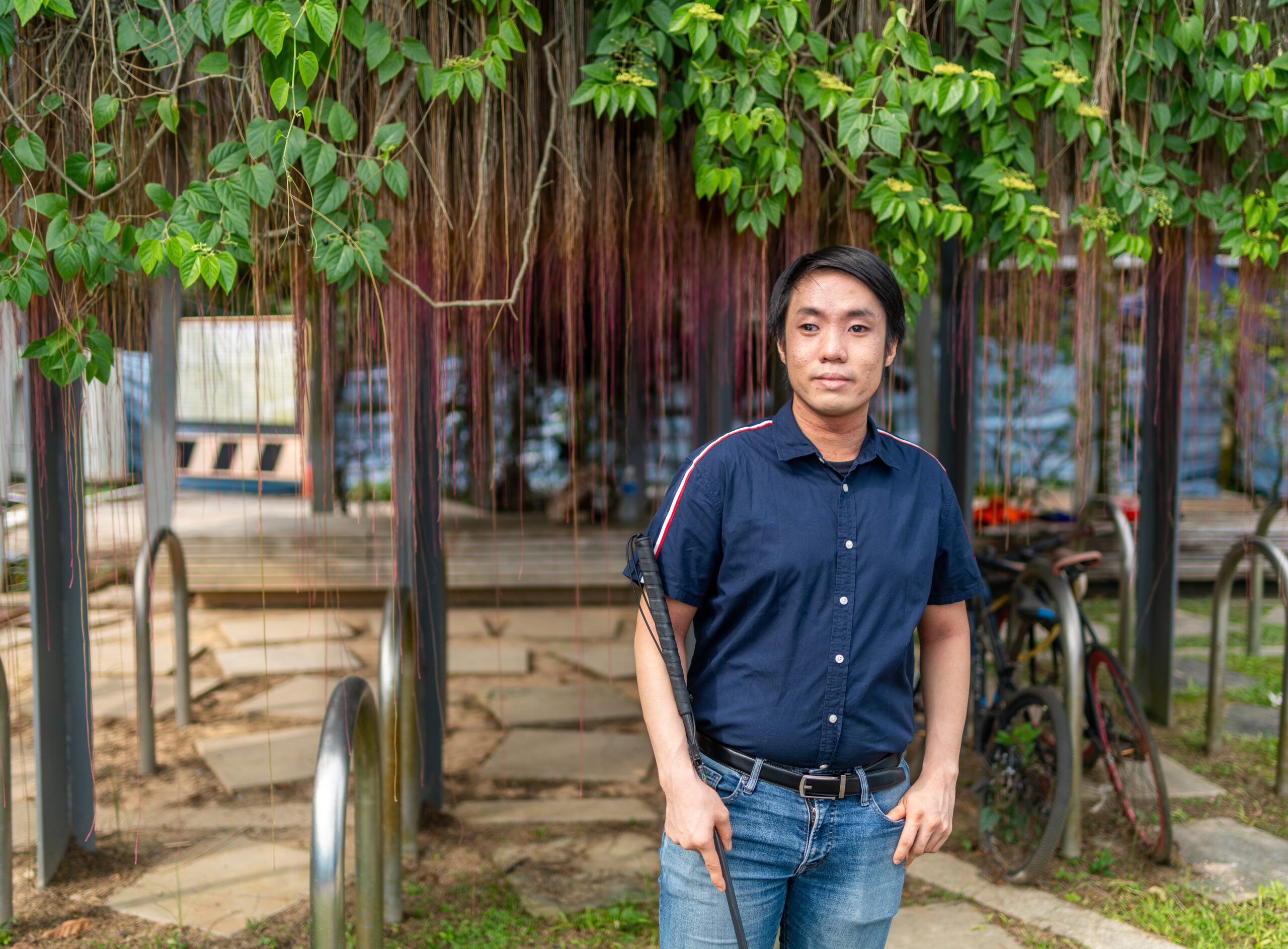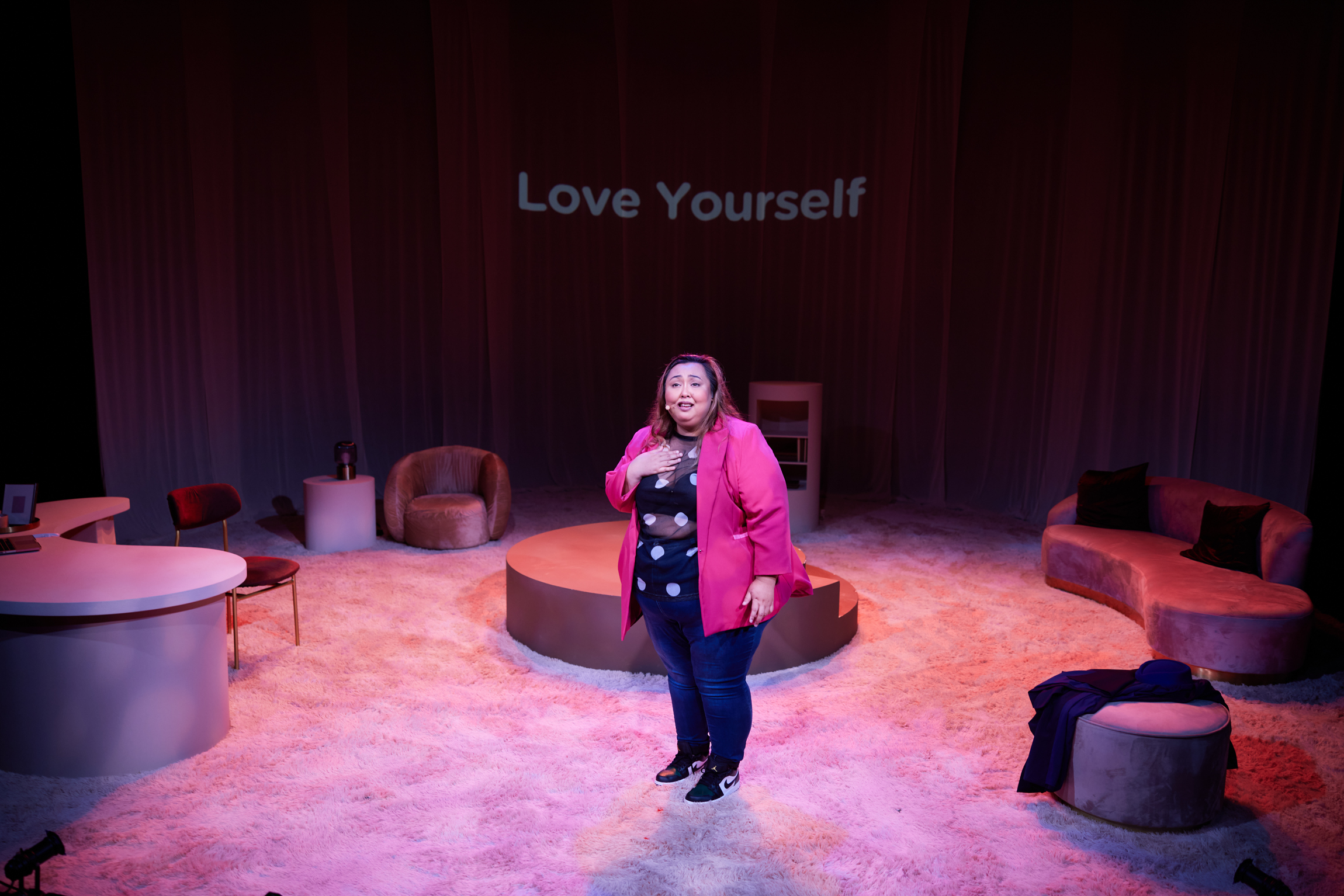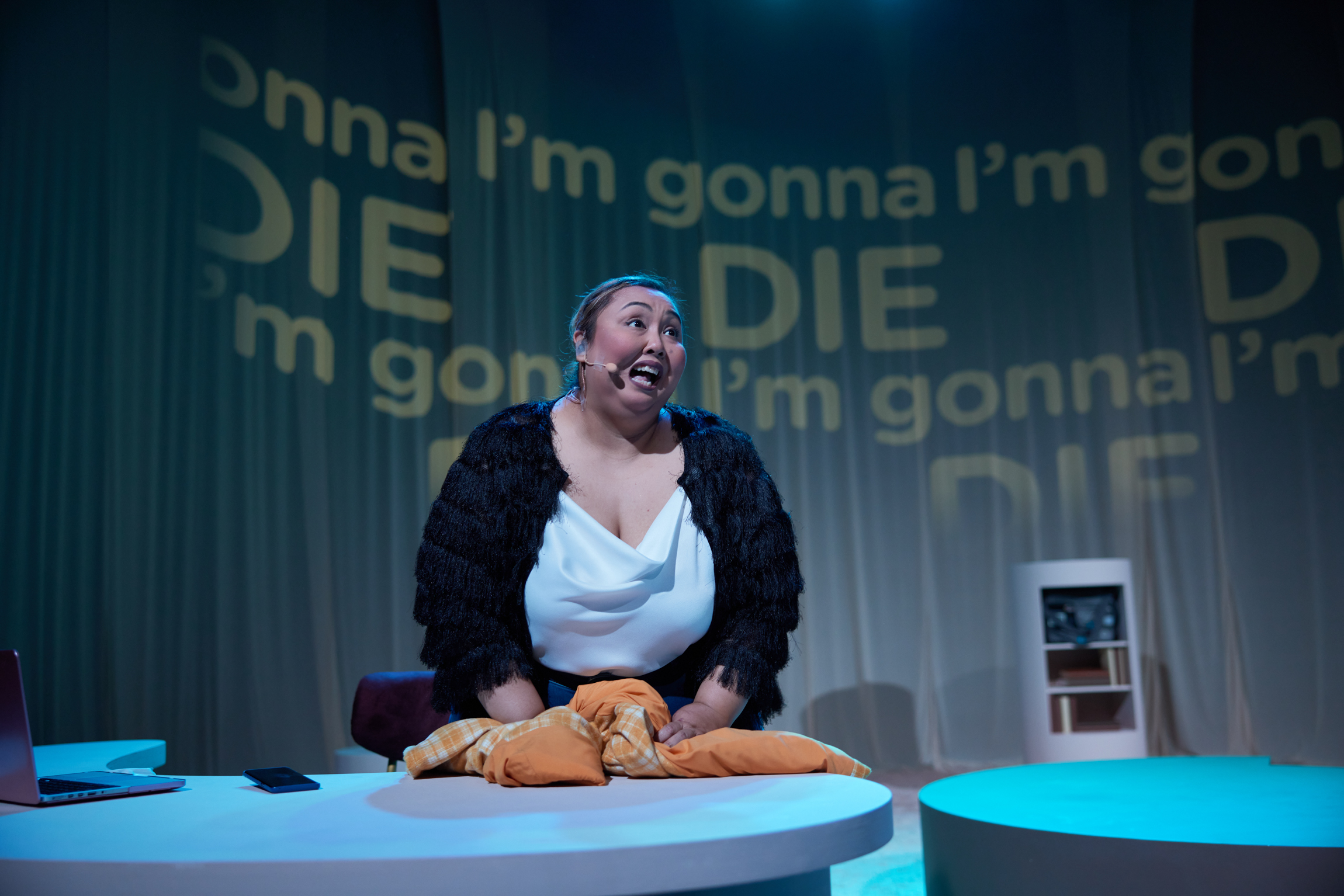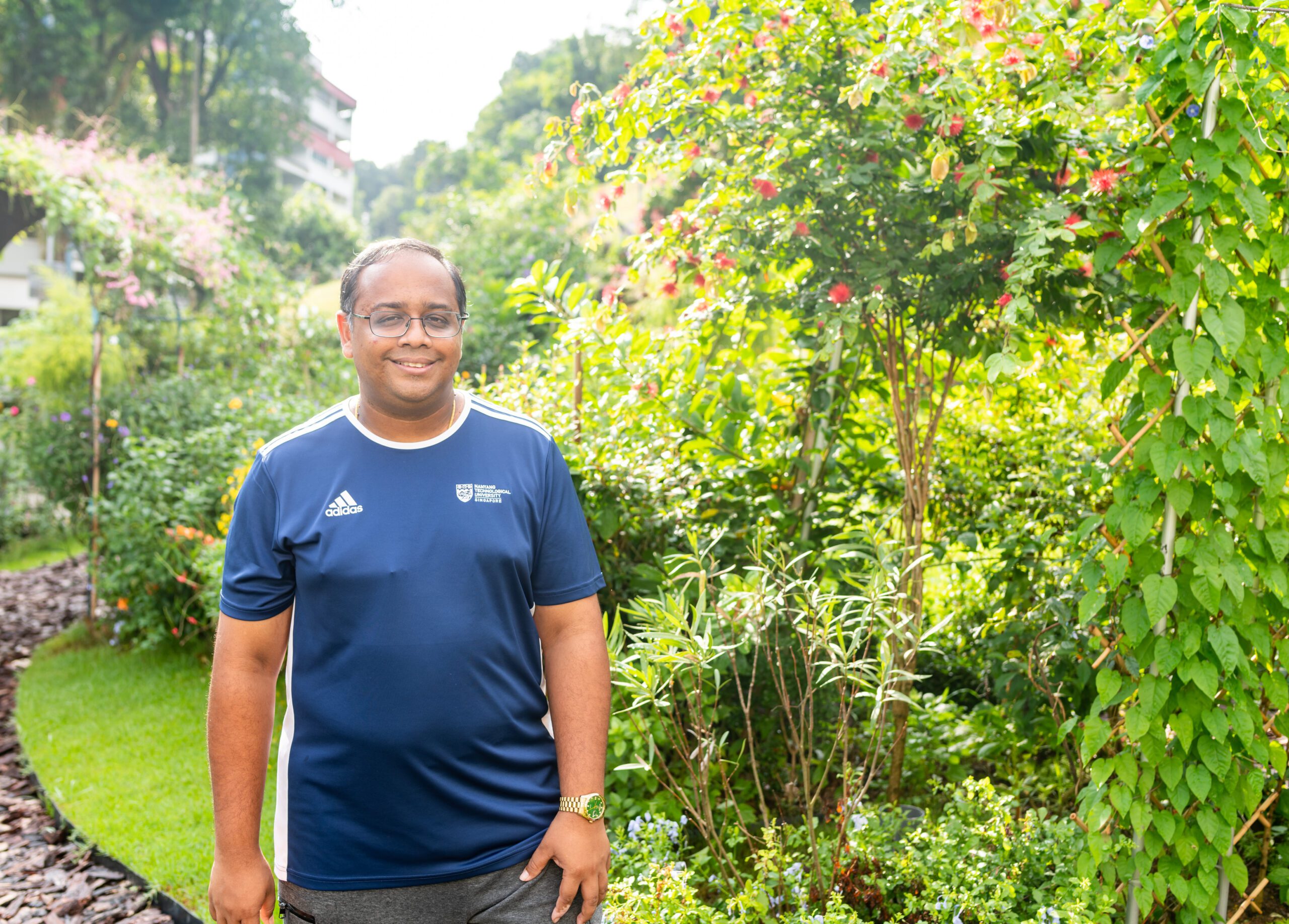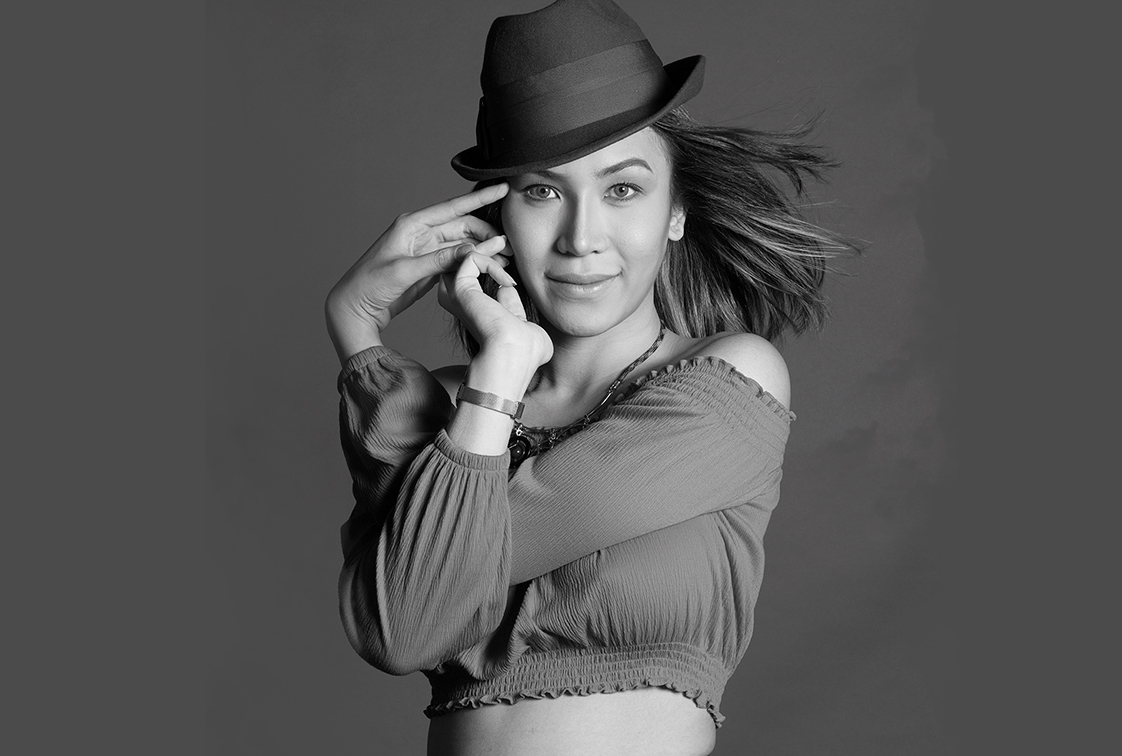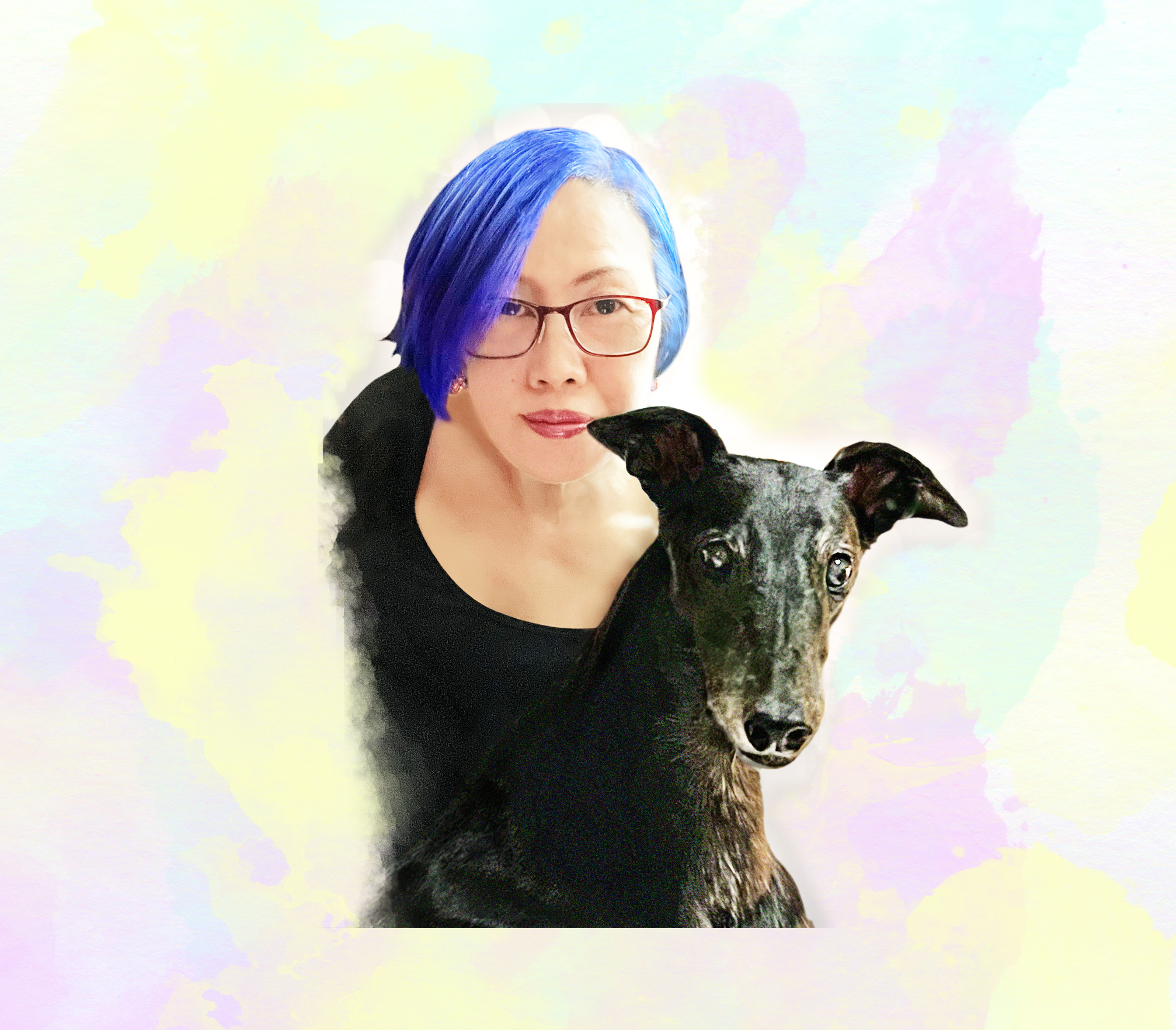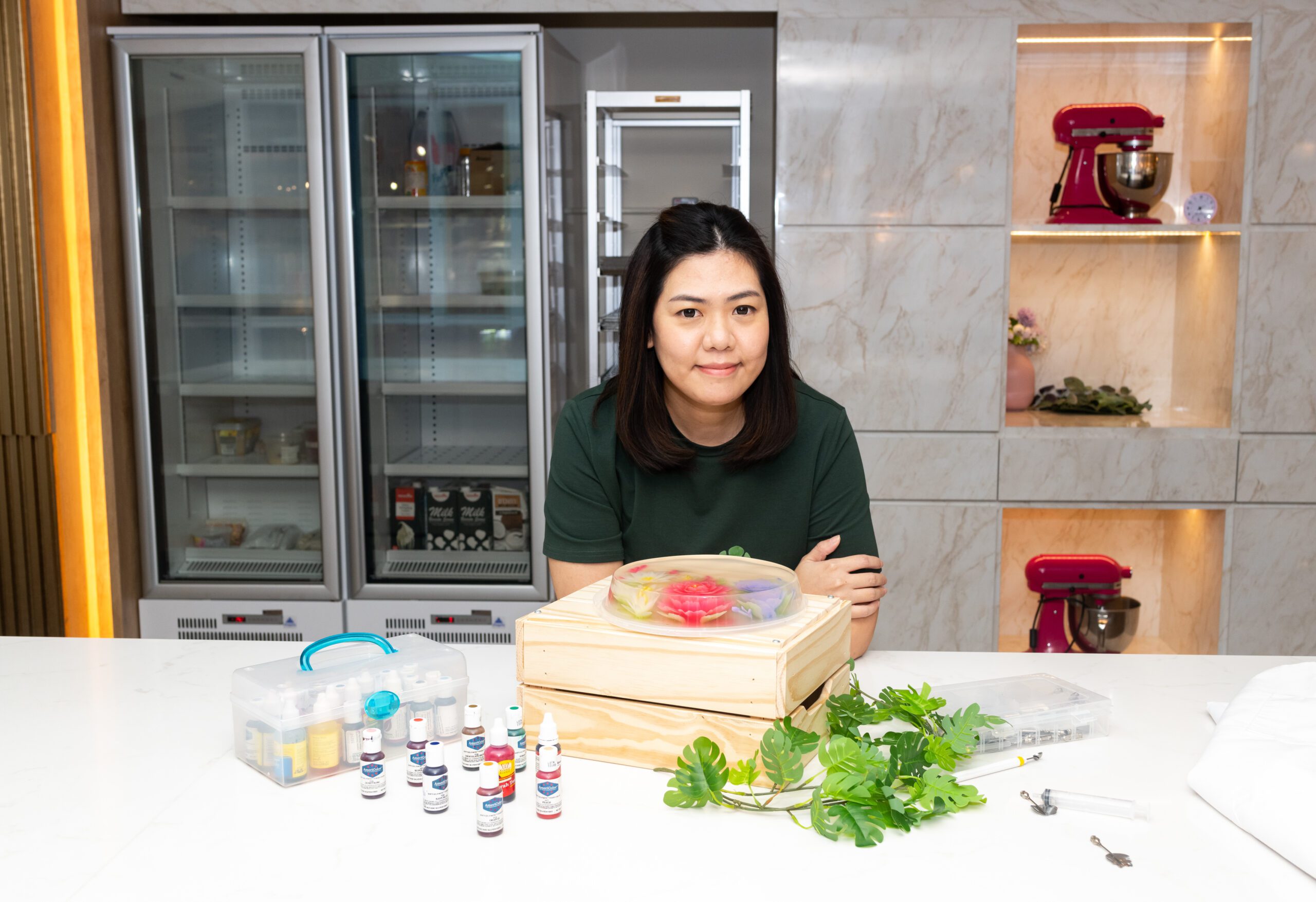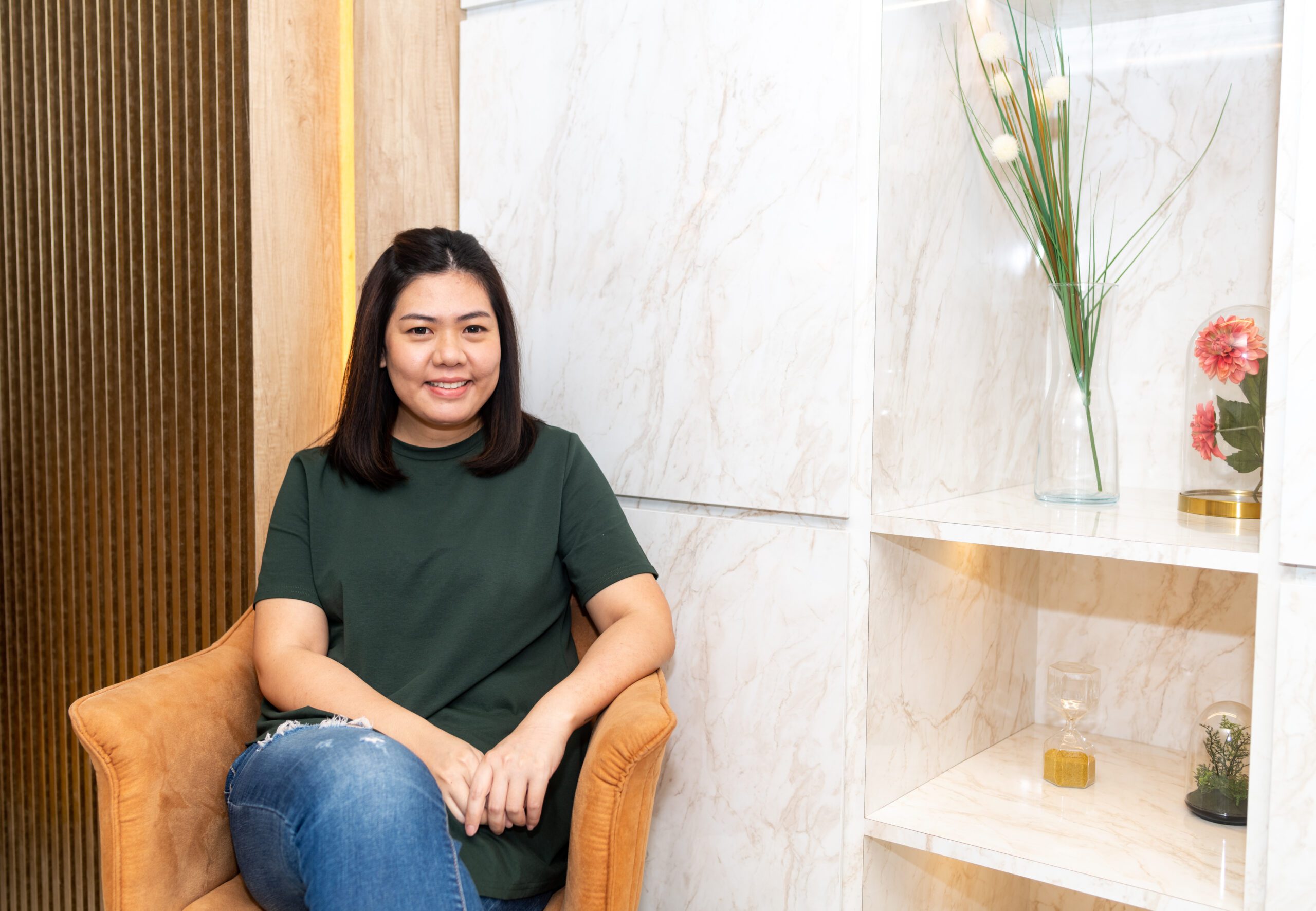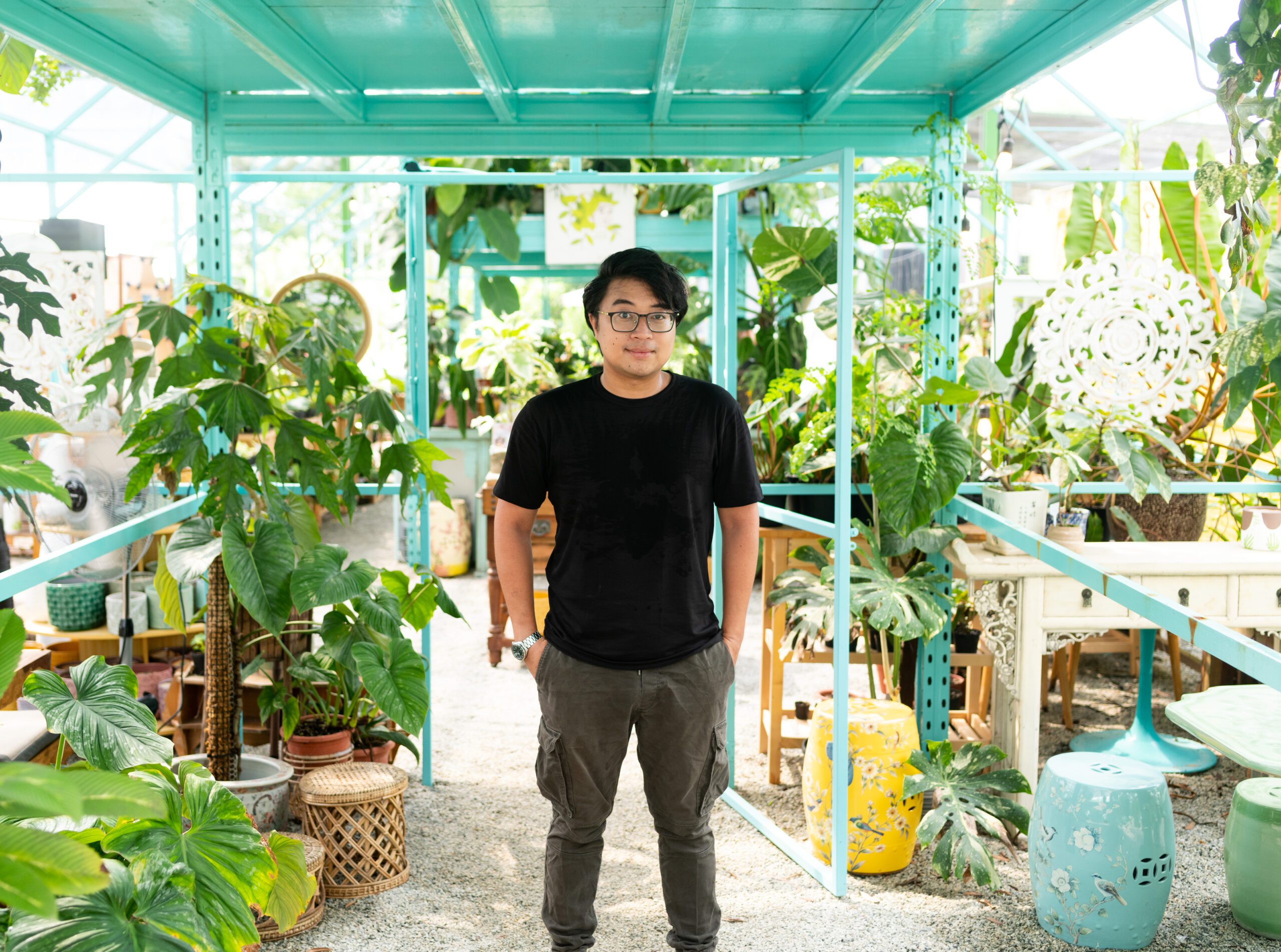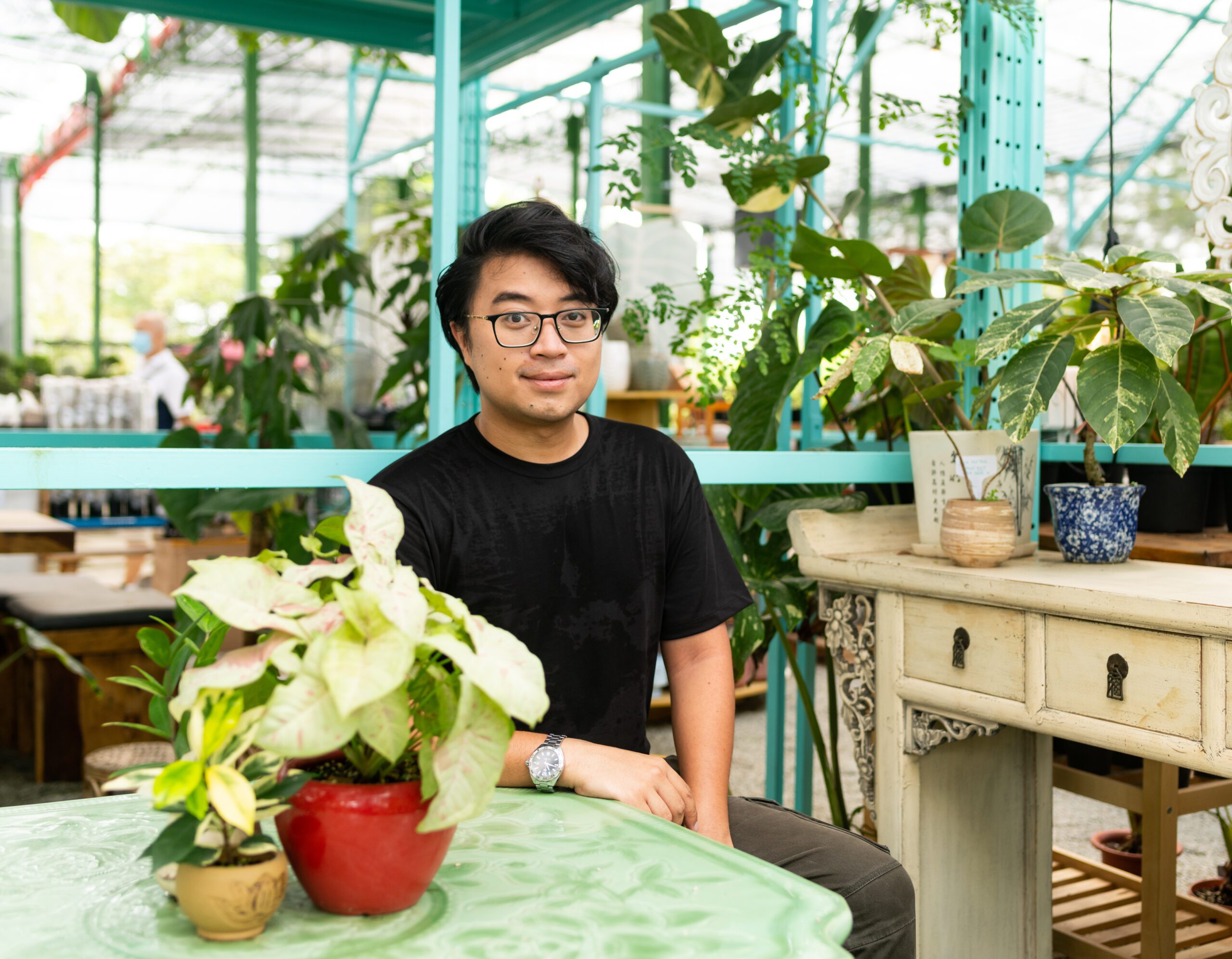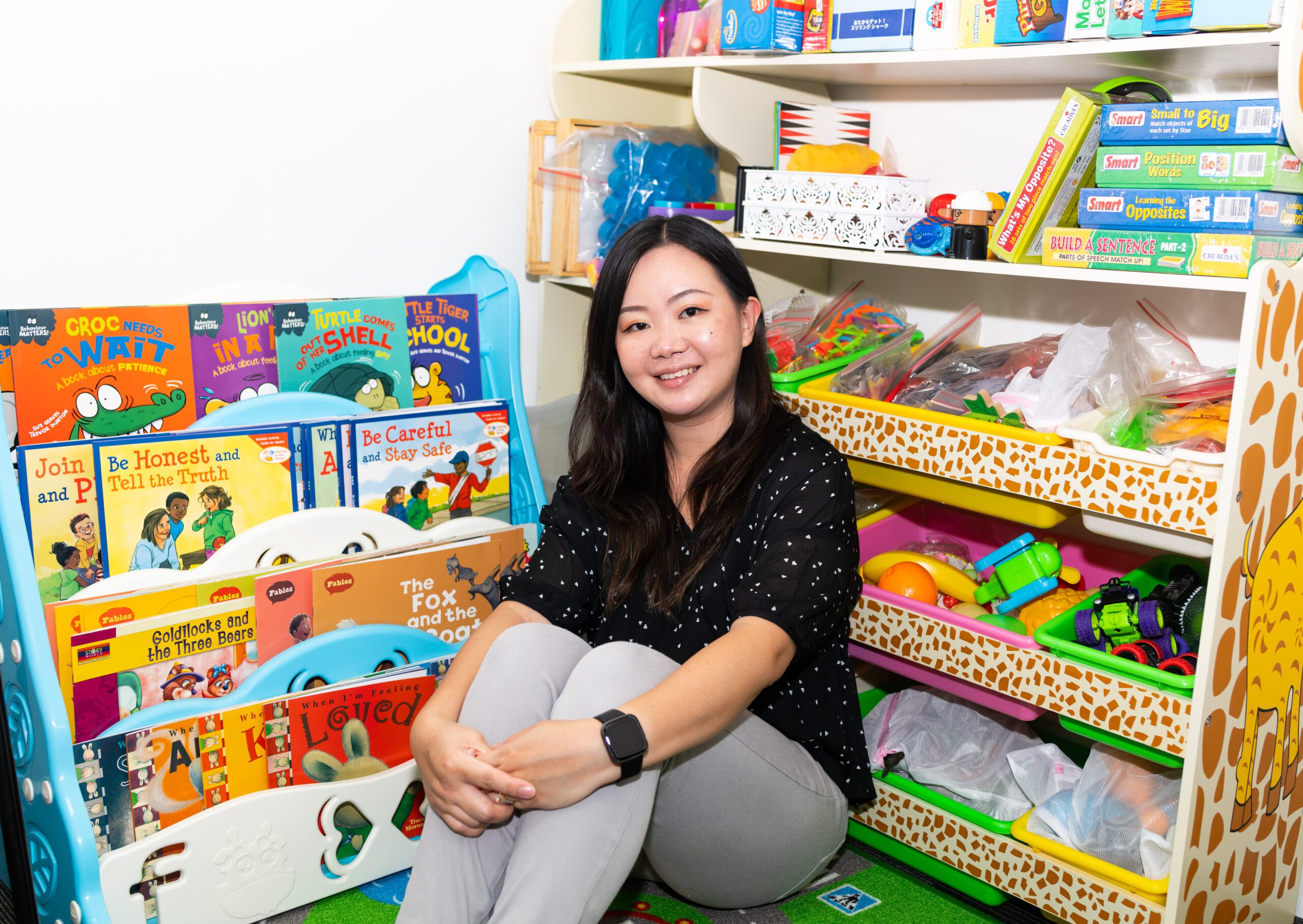The word ‘fat’ had followed me around like a shadow since I was eight years old. That year, my mother brought home Japanese karaage, or fried chicken, and from the very first moment I bit into those juicy hunks of meat I developed an addiction to them. I devoured them every chance I got. Needless to say, I ballooned in a short span of time. As a kid who towered at one hundred and seventy-five centimetres and tipped the weighing scale at eighty-eight kilograms, I became the object of ridicule in school. The constant name-calling and taunting destroyed my self-esteem. For the life of me, I just couldn’t understand why I was being picked on for enjoying an activity that evoked unbridled happiness. Once, I was having lunch by myself at the canteen when one of my bullies marched up to me and hectored: ‘Move, fatty. I want to sit here.’ Now powerless against the blood-curdling fury in me, I spat the spoonful of rice that was in my mouth at him. I can still remember the ensuing look of shock on his face. The only thing I regretted was wasting precious food on him — I felt so good about this act of defiance. That particular bully never bothered me again.
Home provided no comfort from the teasing I was suffering in school. I didn’t have a close relationship with my parents at the time: my childhood memories are tainted by frequent scolding. When I was around the age of ten, my elder brother stumbled upon my pornography collection on the family computer. Knowing how afraid I was of my parents, he used this to blackmail me into relinquishing my gaming time, so that he could have more. This tight noose around my neck he would hold for over two years, and O’ how he savoured that grip he had over me. Having to share a bedroom with the very person who was causing me a lot of distress meant that I didn’t even have a safe space to retreat to. When I could no longer endure his tormenting, I stood up to him and said that he shouldn’t be treating me like this. My brother undeterred said scornfully: ‘You can go tell dad and mom about this all you want, but the moment you do, I will tell them your secret.’
School was terrible, and home was terrible. After my Primary School Leaving Examination, I decided the best choice for me was to go to a secondary school that none of my peers would be going to — not that I was privy to their choices, but I made an educated guess. And I was right: away from my childhood bullies I now started my secondary school life with a clean slate. In the first two years of secondary school, my social circle was tight knit, all of us Dungeons and Dragons nerds who would gather after school armed with our decks of cards. Between the ages of fourteen and fifteen, I ditched my sedentary lifestyle — jogging and hitting the gym became part of my regular routine. That very year I shed sixteen kilograms, and with a burlier frame my overall self-esteem increased. Another epoch was meeting a same-aged gay boy who was unabashedly open about his sexual orientation. His confidence gave me thought: ‘If he can be comfortable about his sexual orientation, so can I.’ I just didn’t want to keep my sexual orientation a secret, and I thought that by coming out to my peers I could get some validation (something that every teenager covets), and that I would be loved even if I was different from them.
My first coming out experience went swimmingly. I shared it with one of my female classmates, and what erupted was a kind of a sisterly happiness — she squealed in glee, and said: ‘Oh my goodness, you like guys?’ Heartened by her response, I began letting more people in on my secret, sometimes in person, sometimes via social media. I eventually came out to my mother, whose curt response was not unexpected of someone of her generation (and in all fairness, of a mother who didn’t know how to deal with such a shocking revelation from her own son). ‘Continue this lifestyle and you’re going to contract acquired immunodeficiency syndrome (AIDS)!’ ‘That will never happen to me!’ I retorted.
Any relief I got from coming out was short-lived. In secondary three I was appointed the class monitor, and one day I stood in front of the class to poll them on a class T-shirt matter. This big-sized person was suddenly invisible: all of them darted me blank looks, as if I had just spoken in a foreign language they didn’t grasp. No one bothered to give a response. While they didn’t outright discriminate (or bully) me, their acceptance was only perfunctory. They simply didn’t know how to interact with someone who is gay. By this time, I had drifted apart from my Dungeons and Dragons mates, being in a separate class from them. The only people who welcomed me with open arms in school, surprisingly, were the so-called delinquents. But perhaps my surprise shouldn’t have been so: they were outliers too, and they probably knew well what it was like to be misunderstood and judged.
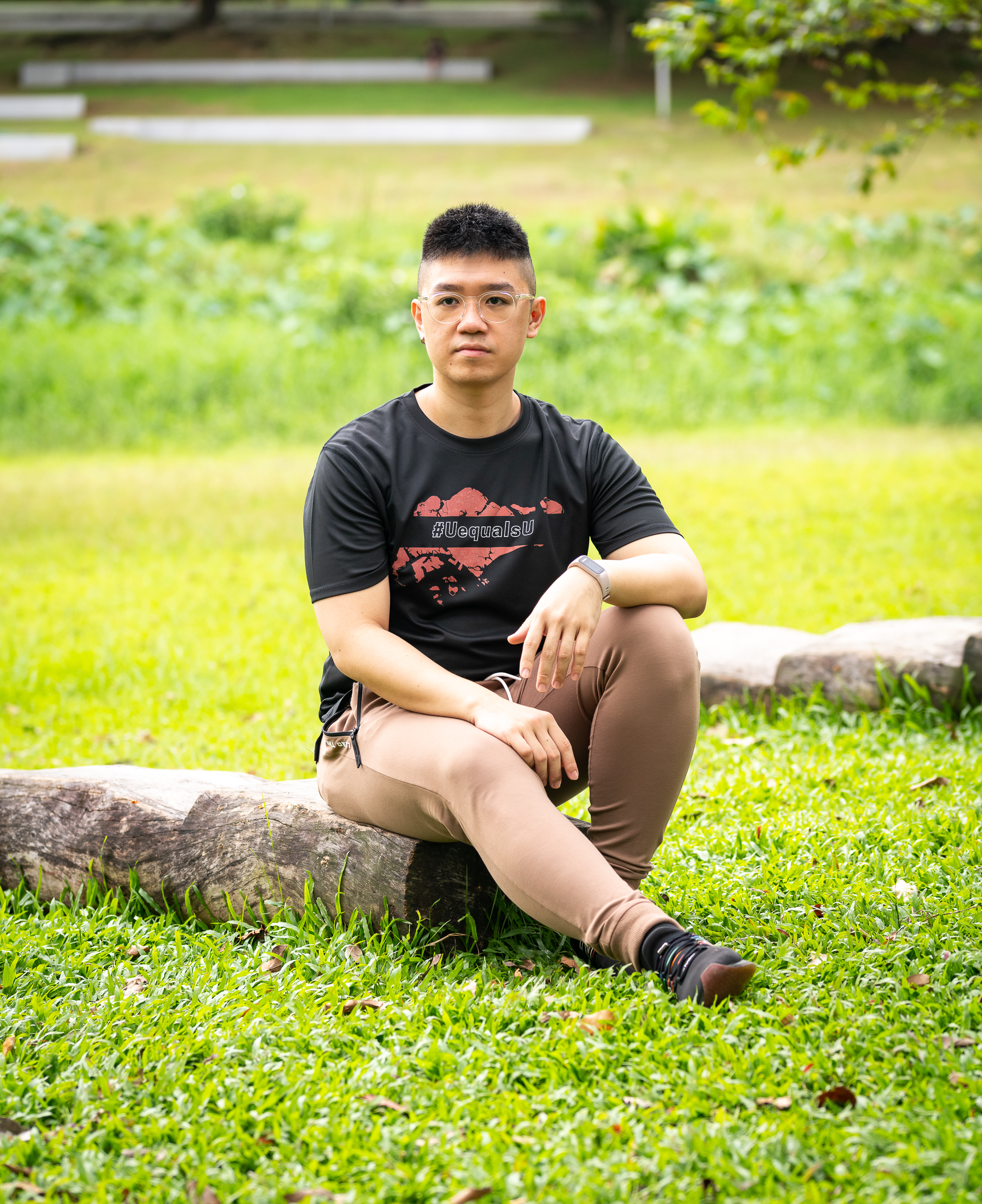
By this time also, I was already mingling with members of the gay community. Where once I was scrutinised and teased for my size, many of them liked how I looked. For one, my thick thighs, which I grew up loathing, were suddenly desirable. I was an object of desire.
